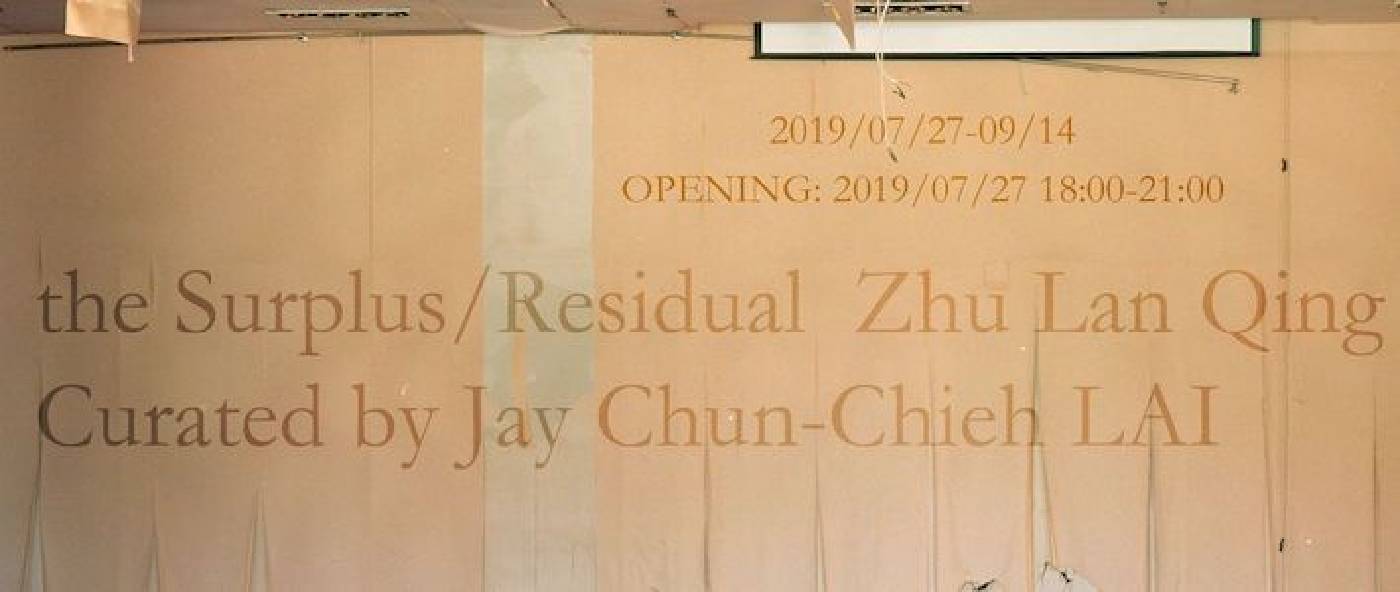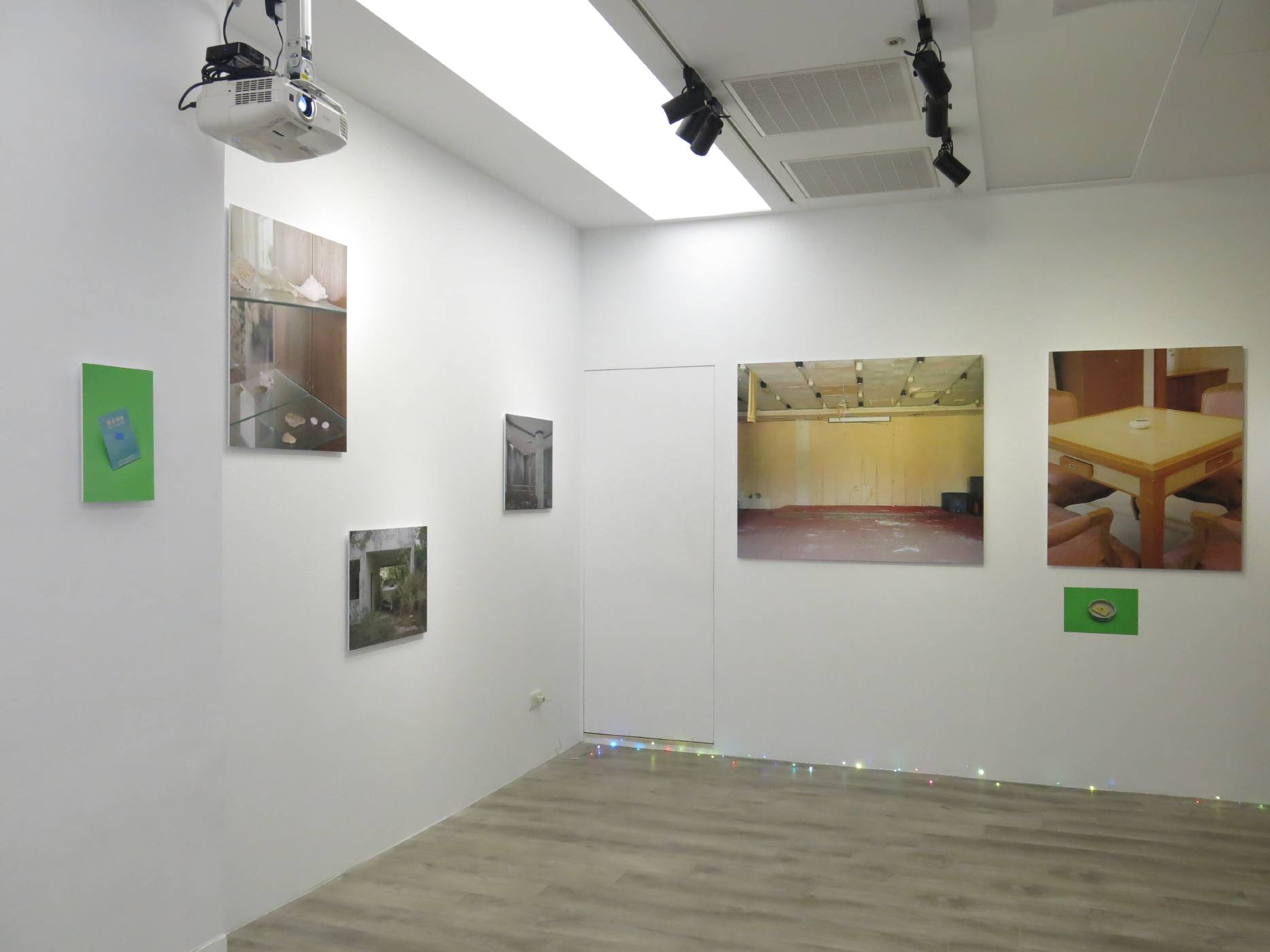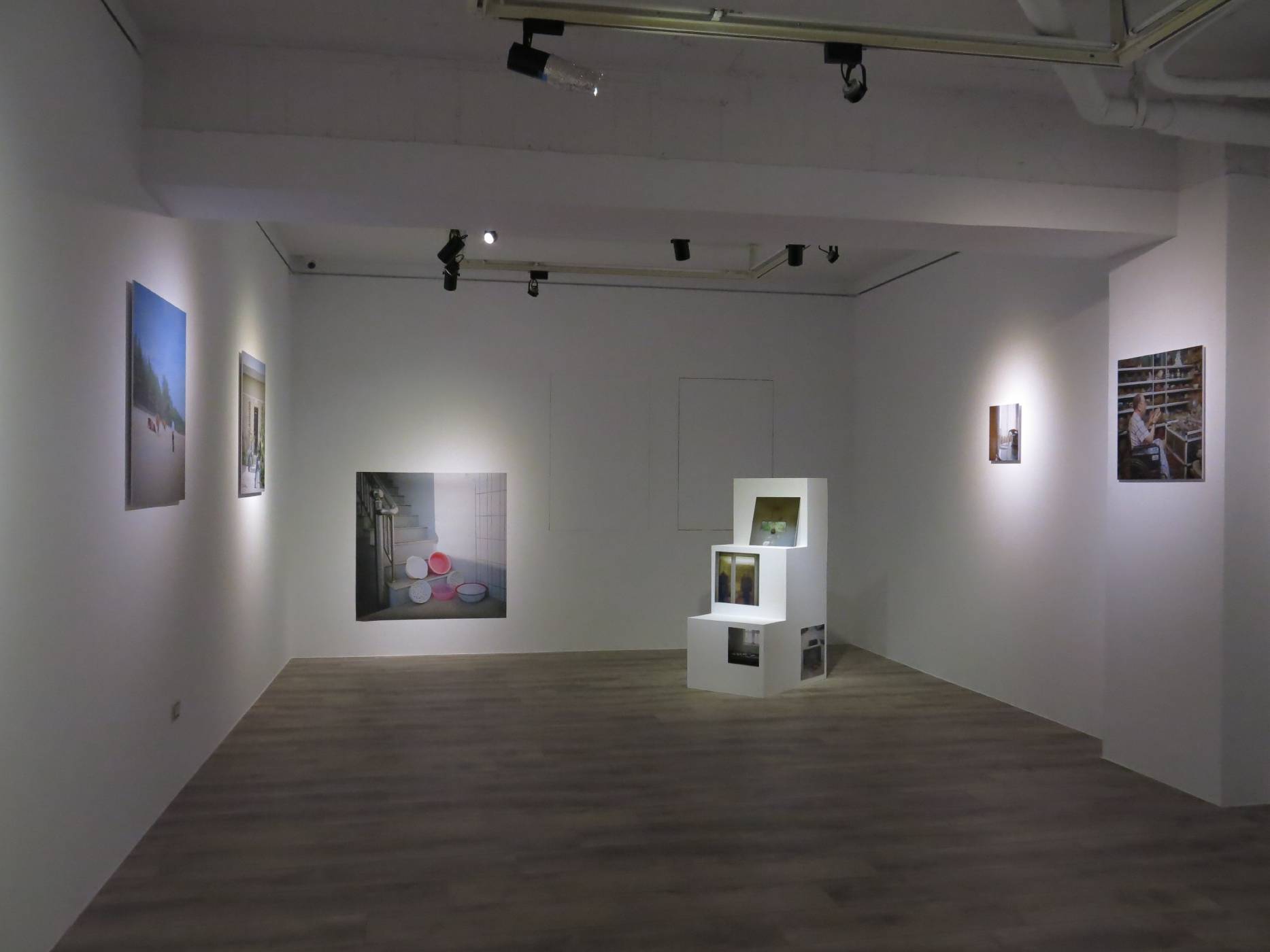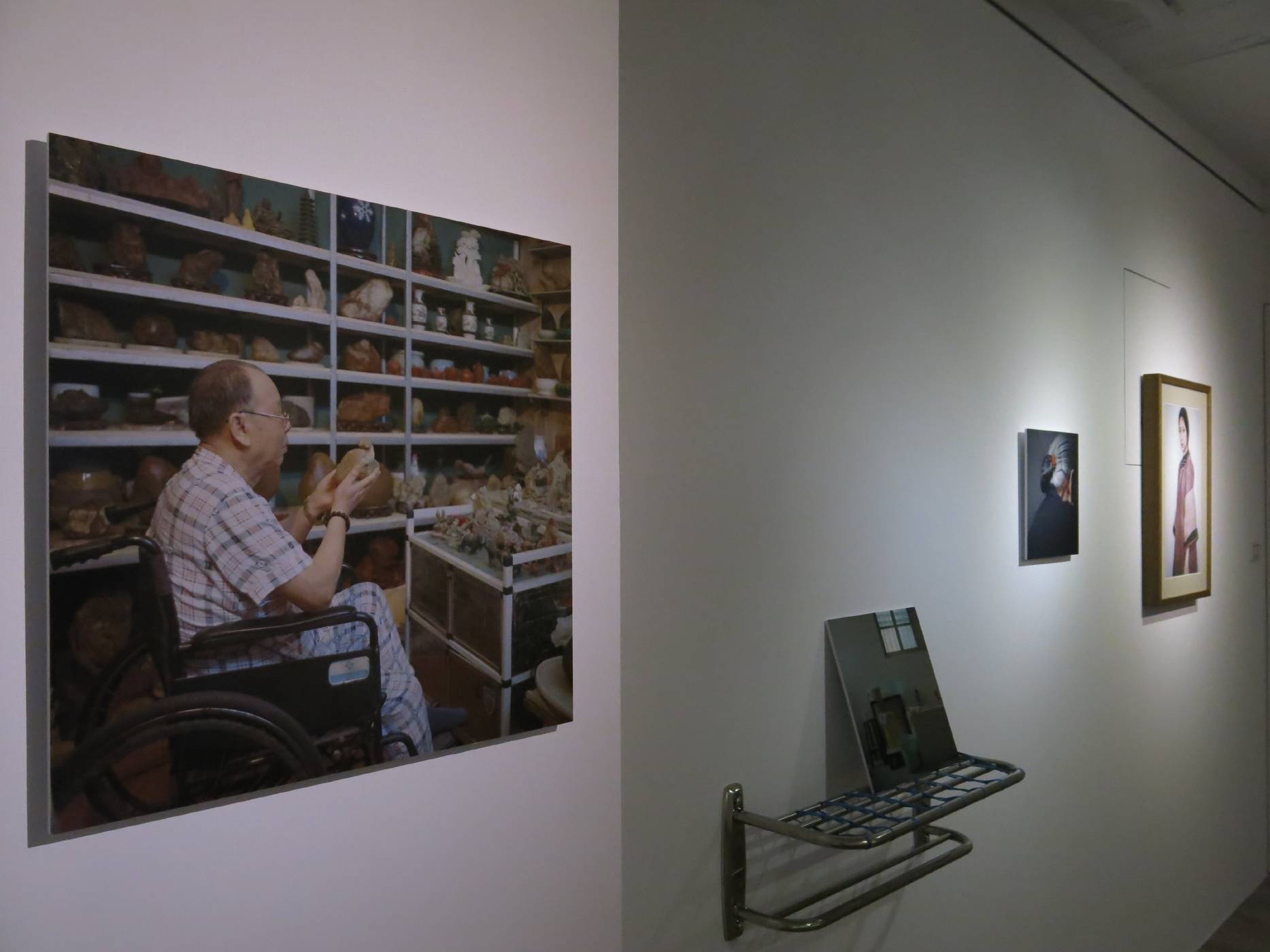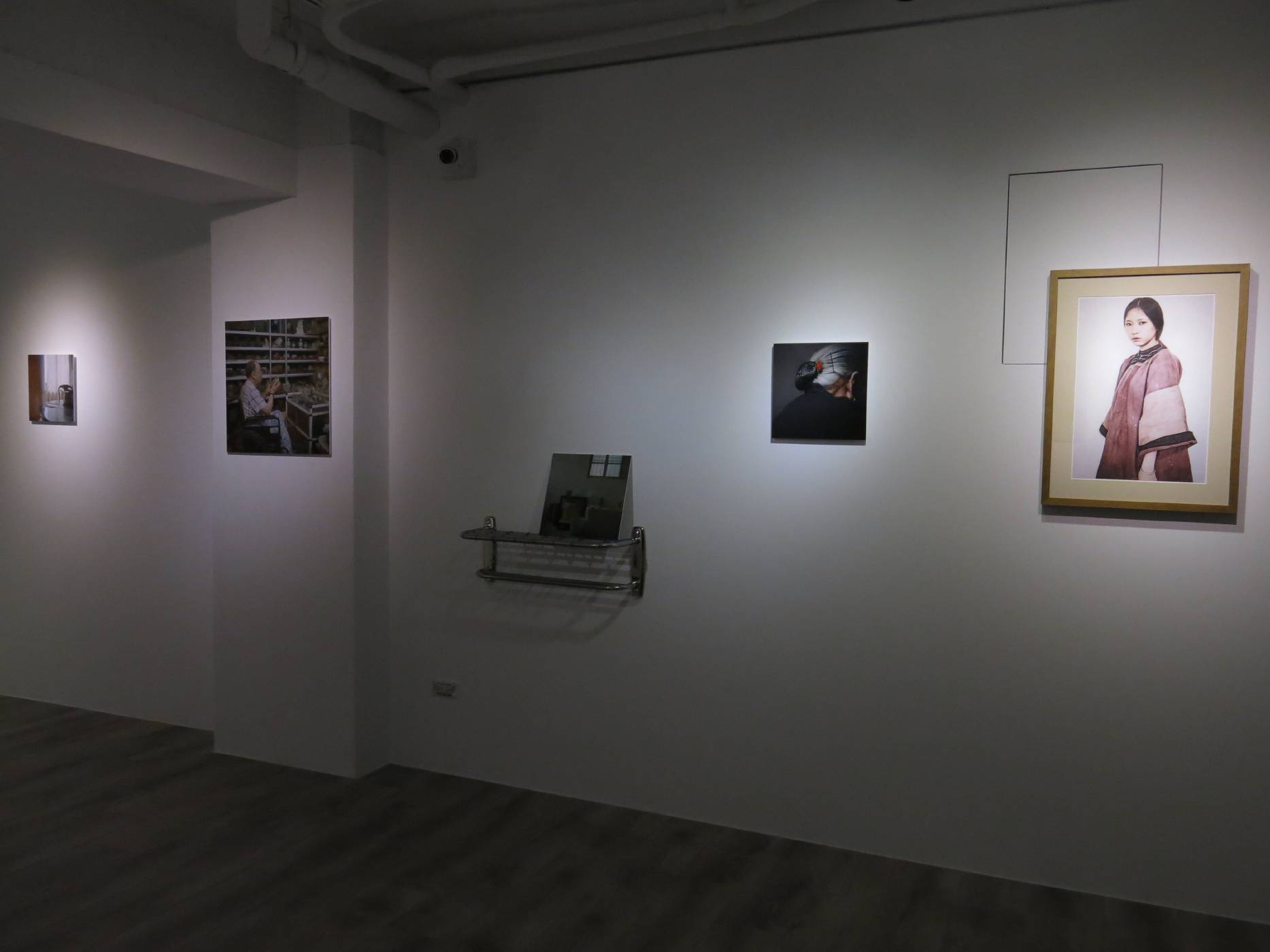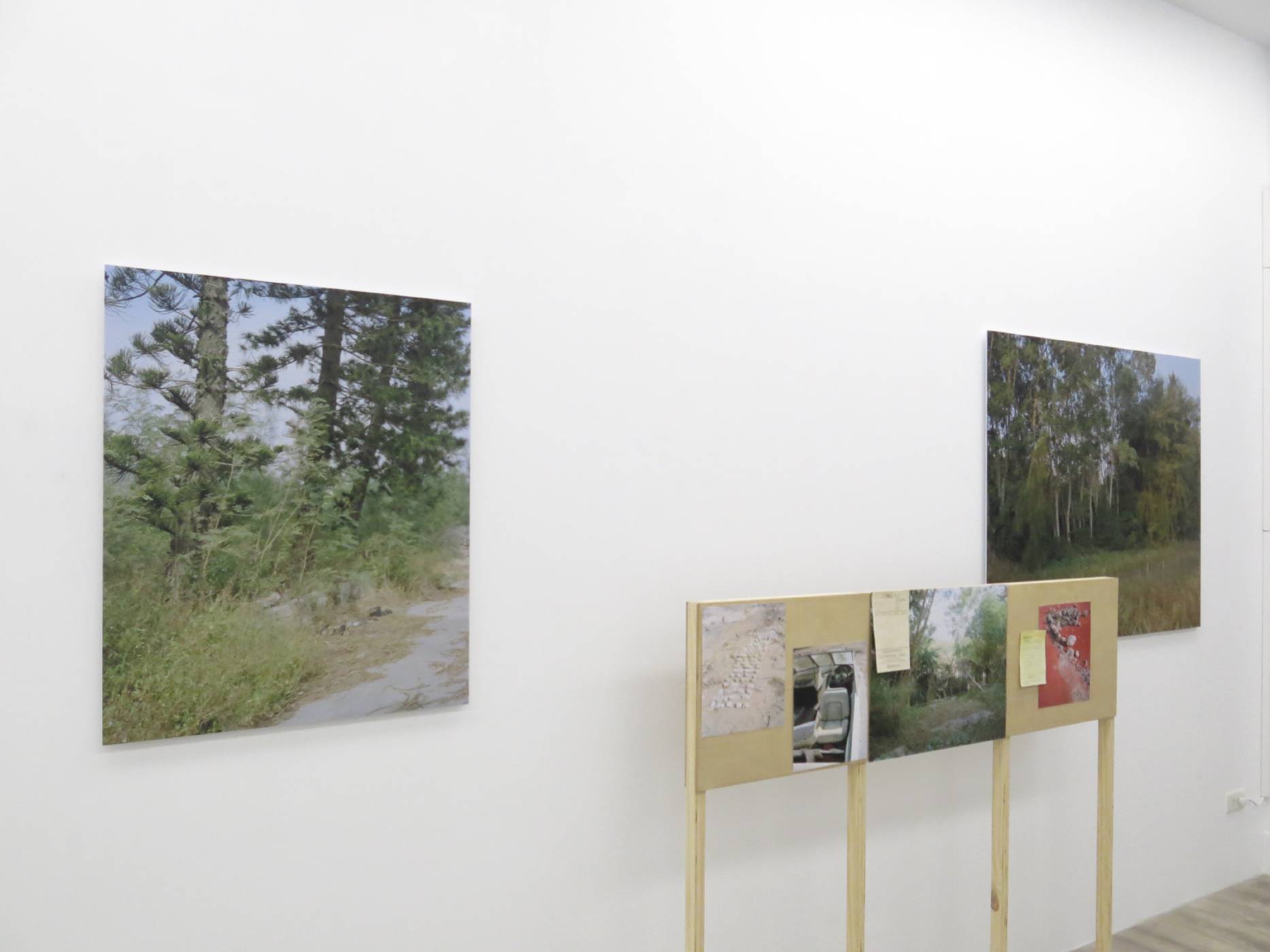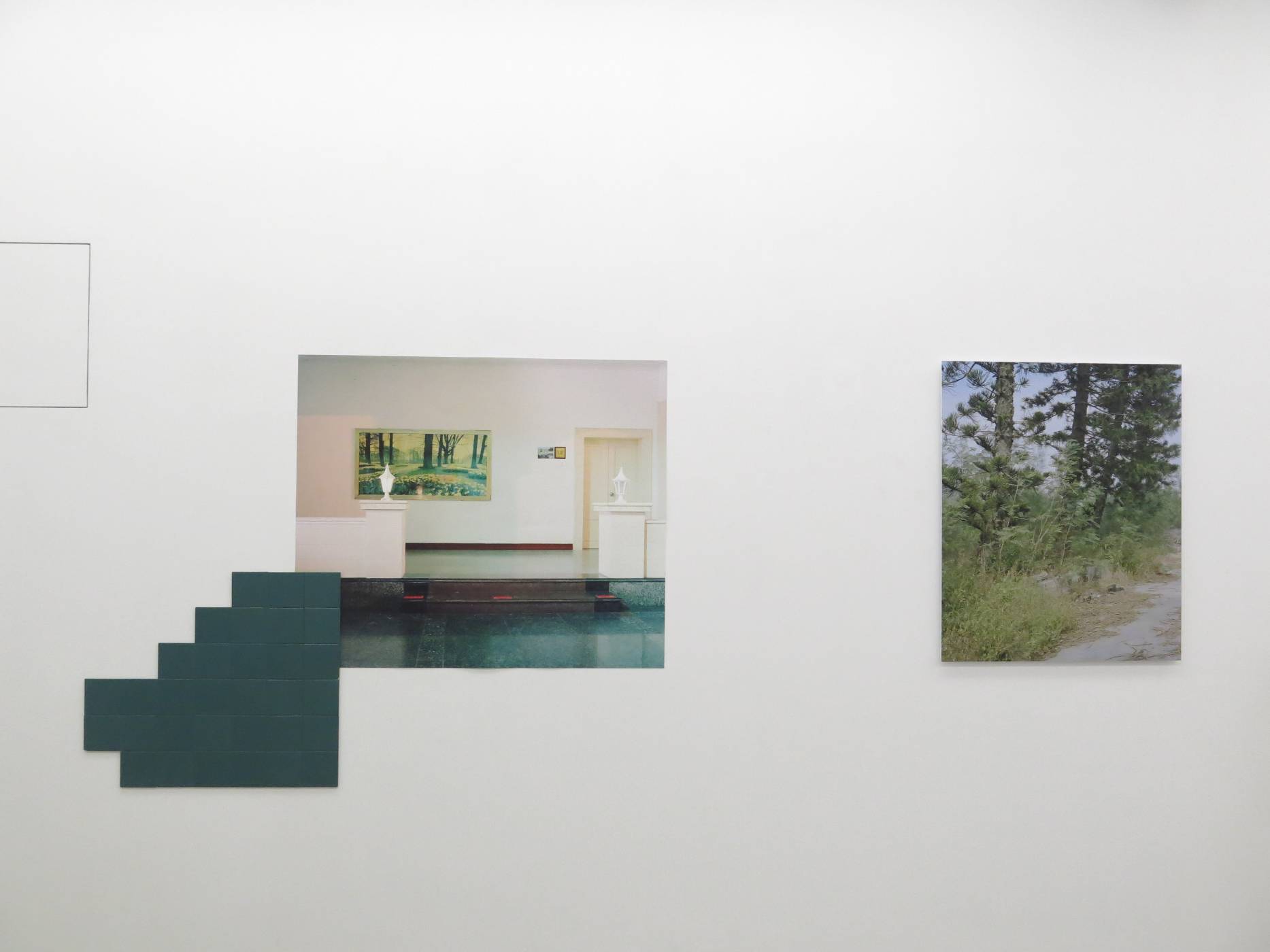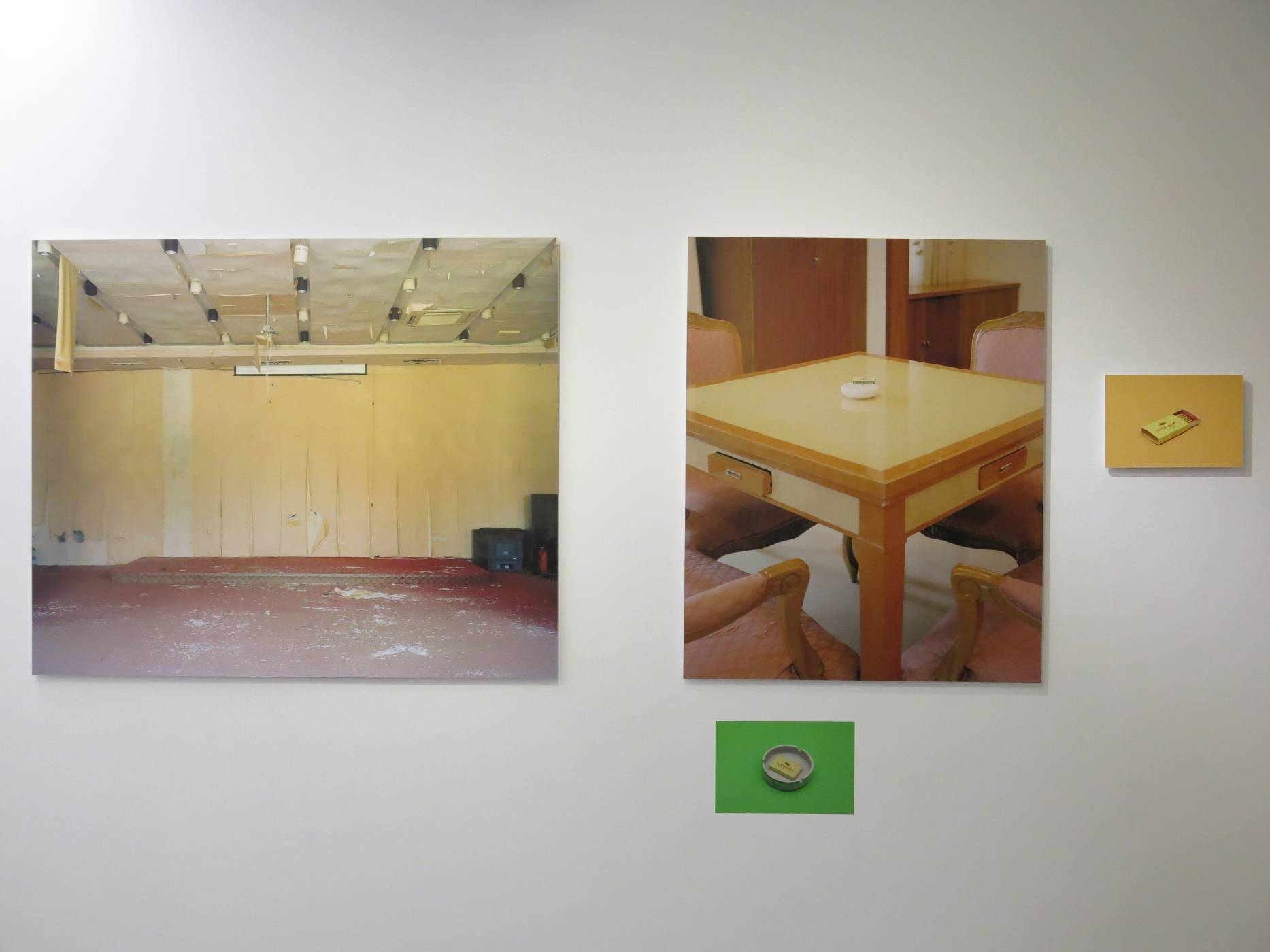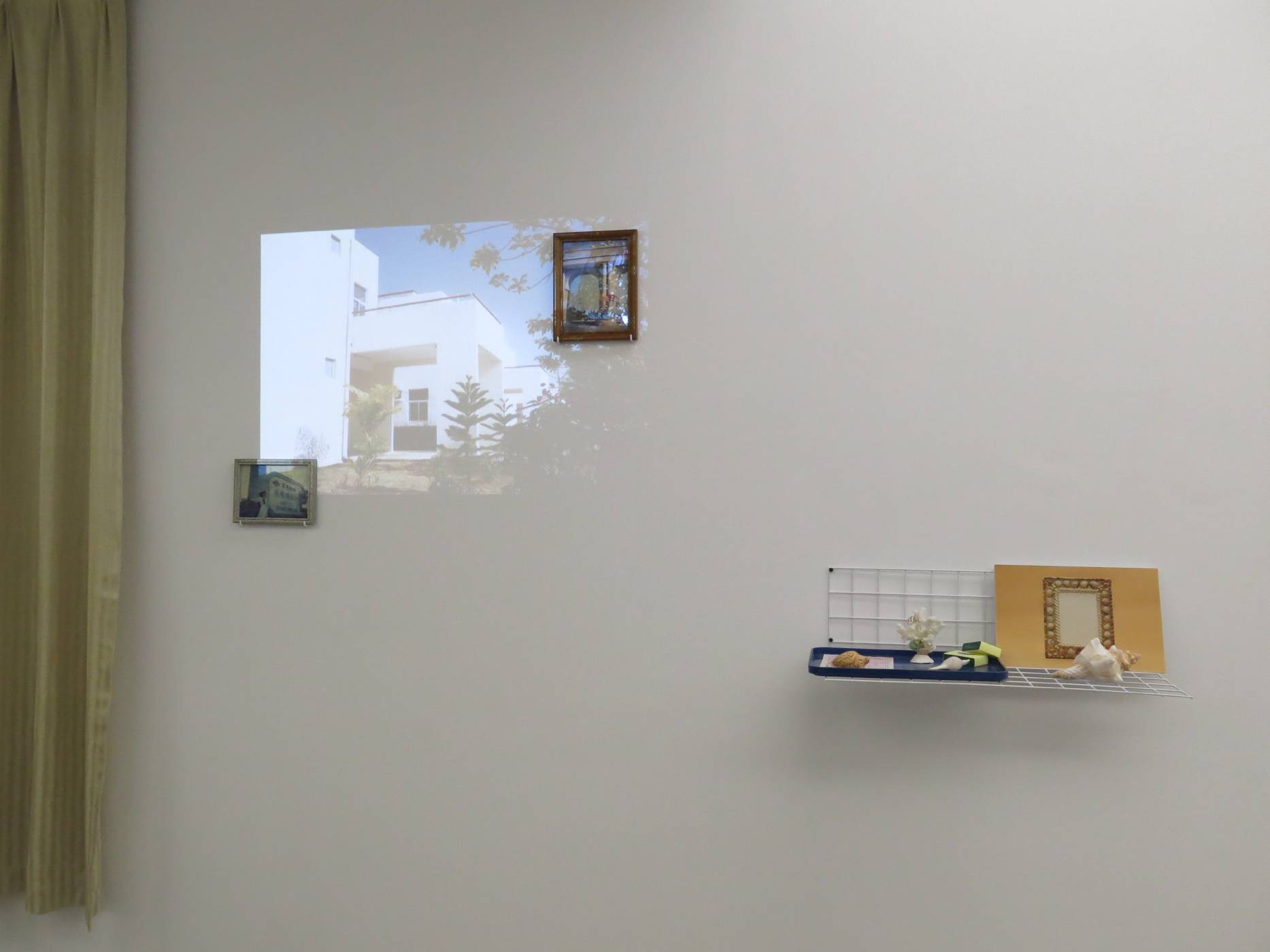十方藝術空間
【the Surplus/ Residual Zhu Lan Qing】Curated by Jay Chun-Chieh LAI
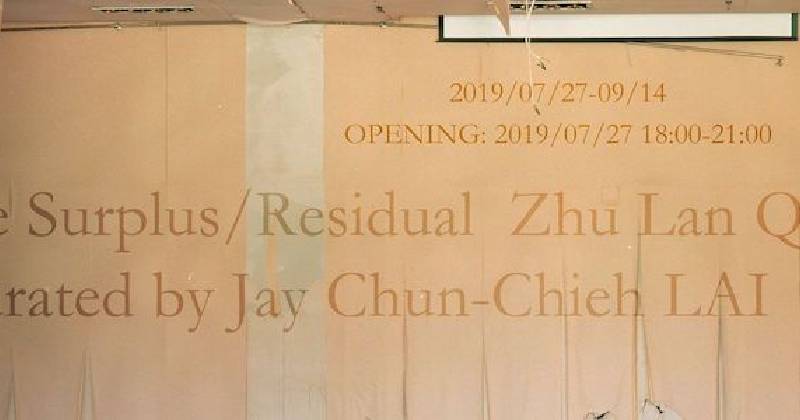
-
展期
日期:2019-07-27 ~ 2019-09-14
-
地點
台北市中山區德惠街51號
-
參展藝術家
-
系列一:百億新城
九零年代初,來自香港的開發商決定在位於中國南方邊陲的東山島上開發一個名為“百億新城”的濱海旅遊項目。 “百億”並非形容詞,他們承諾用15 年時間投資300 億元,將這個小島建成新的國際都會。數百棟配以遊艇的別墅,娛樂中心在這裡拔地而起,吸引著外面的富人前來旅遊消費。對於當地居民來說這是一個截然不同也未曾見過的世界,旅遊業從此成為這個小島上的新興產業。然而僅在建成兩年之後,發生在1997年的亞洲金融風暴造成香港的開發商資金鍊斷層,加之前期投入過大與旅遊市場的不足,最終使得百億新城變成爛尾項目,曾經的新城成為一片廢墟。 “百億新城”這個名字作為隱喻,講述了一個平凡的小島如何周旋於外來的資本中,以及在渴望成為濱海度假勝地的夢想裡與夢想破滅後的沉寂之間如何尋找自身的位置。
Ten Billion New City
In the early 1990s, a property developer from Hong Kong decided to build a seaside resort called “Ten Billion New City” on Dongshan Island, an island in southern China. “Ten billion” was not simply a turn of phrase; they committed to invest 30 billion RMB over 15 years, building an international metropolis on this small island. Due to the rise of several hundred villas with pleasure boats, this hub for entertainment attracted rich people from elsewhere who wanted to spending money on tourism. For the local residents, this was a completely different yet not entirely visible world, and tourism became an emerging industry on the island. However, the Asian financial crisis happened in 1997, just two years after the project was finished, and the Hong Kong property developer’s chain of funding was broken. Their investment had been very large, but the tourism market was not large enough. In the end, Ten Billion New City was abandoned, and the New City became rubble. Using the name “Ten Billion New City” as a metaphor, I want to tell the story of how an ordinary island handled foreign investment, and the story of finding your own place within the dream of becoming a seaside resort and the silence after that dream was destroyed.
系列二:負向的旅程
照片拍攝於我的故鄉東山島,一座位於福建漳州南端的島嶼。現代化的城市發展常讓離鄉人患上失憶症,使人忘記這裡曾經存在過什麼。我只能追趕著它的腳步,用圖像來「對抗」這些讓人措手不及的變化。故鄉從我出生起就在影響、塑造著我。就如同書的開始,我身著的是在阿嬤房間中尋找到的一件來自祖輩的衣服。故鄉和我就這樣互相作用著。我所看到的,也許正是它(故鄉)所希望我能看到的。拍攝故鄉,彷彿是走上一條通往幽暗的記憶與我們原初內心的負向的旅程。
作品還原一個我對於故鄉圖鑑的再現。它將作為在城市化進程中已漸行漸遠的故鄉的截面,提供一個可供我們停頓下來觸碰的故鄉,以及我們每一個人應該去反思何為家鄉的含義。
A Journey In Reverse Direction
These Photo was taken in my hometown Dongshan Island, an island located in the south of Zhangzhou, Fujian Province. Inevitable urban development gives people amnesia. They often forget what existed here before. I can only follow its pace, with my camera to “fight” with these changes in my hometown. My hometown has influenced me and shaped me since I was born. At the beginning of this book, I was dressed in a clothes from grandparents which is found in my grandmother’s room. The effect seems to be a mutual process between my hometown and myself. What I have seen is what it wish I could see. Shooting hometown seems like a journey in reverse direction, leading me to the vague memories in dark and the bottom of my heart.
It is a guide book of my hometown. It’s a section of all our hometowns which drifting away in the urban developing. It will give us a chance to stop and touch our hometown ,reflect on what is the meaning of home at the same time.
推薦藝術家
view all推薦展覽
view all十方藝術空間
【四因說的細語 Whisper of Four Causes 】TAIPEI ART WEEK Group Exhibition
日期:2024-10-23 ~ 2024-11-02|台灣
